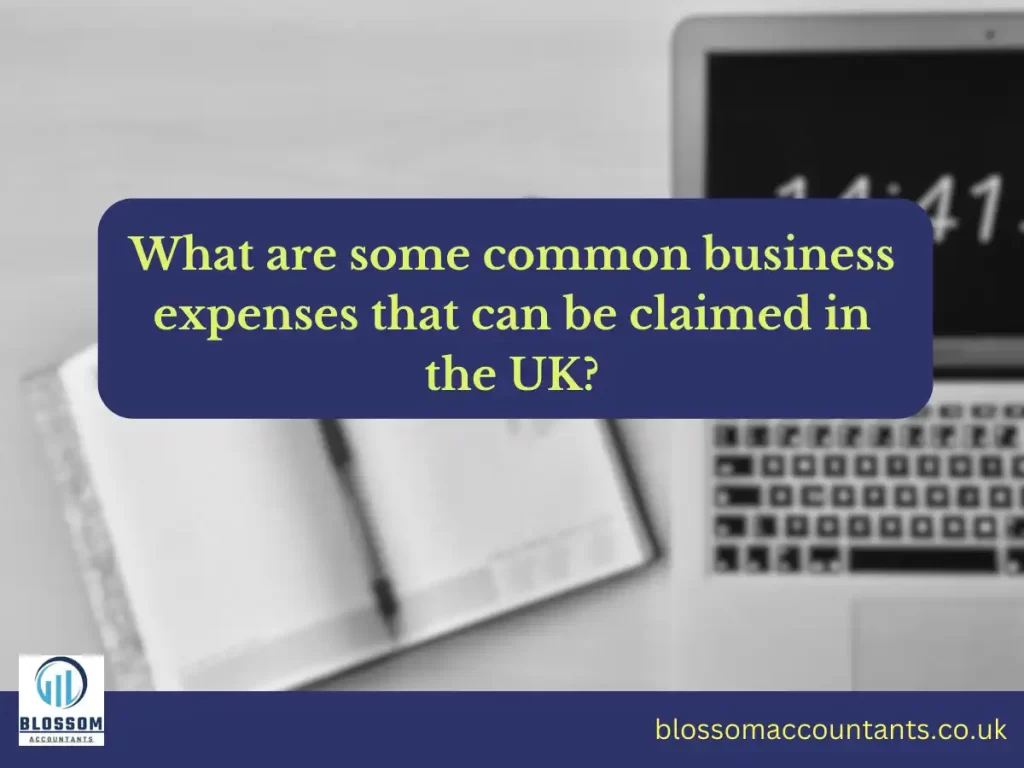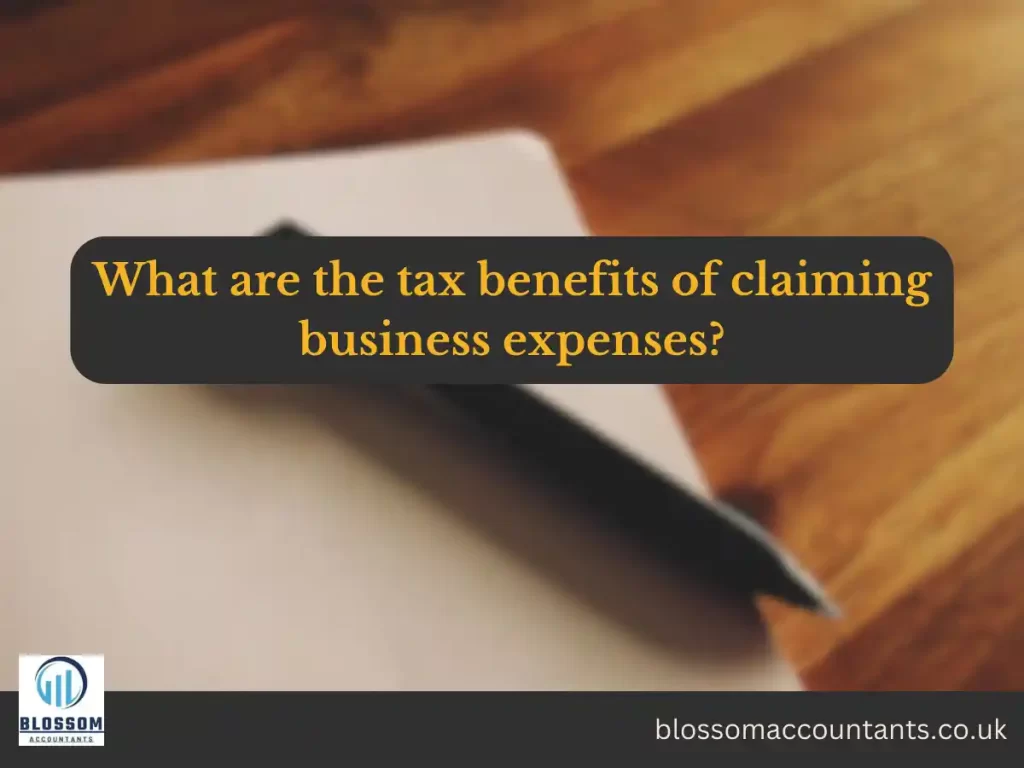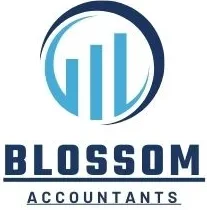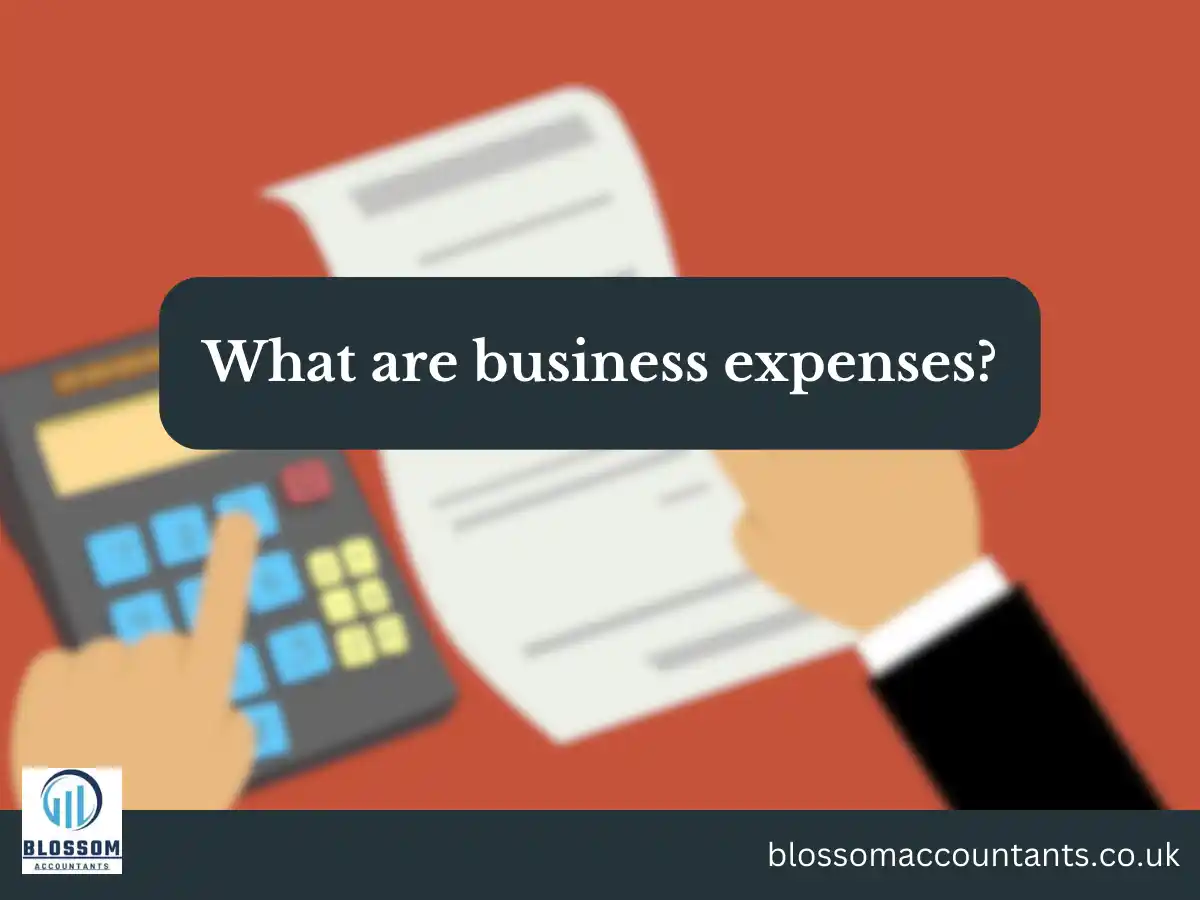When running a business in the UK, it’s important to understand the expenses you can claim to reduce your taxable income and maximize your profitability.
This article explores 25 common business expenses that you can claim in the UK, providing insights into the eligibility criteria, documentation requirements, and potential tax benefits associated with each expense.
Table of Contents
What are business expenses?
Business expenses refer to the costs incurred by a business while operating or conducting its trade. These expenses can be deducted from the business’s income, reducing the taxable profit and, consequently, the amount of tax owed.
What criteria must be met for a business expense to be claimable?
To claim a business expense, it must meet certain criteria:
-The cost must be incurred solely for the purpose of the business.
-It must be accompanied by legitimate receipts or invoices.
-The expenditure must be directly tied to the trade or profession of the business.
What are some common business expenses that can be claimed in the UK?
Here are 25 common business expenses that can be claimed in the UK:
Office Rent or Mortgage Payments:
Claim the cost of renting or mortgage payments for your business premises.
Utilities:
Deduct expenses for electricity, water, gas, and other utilities used for business purposes.
Business Rates:
Claim the business rates paid on your commercial property.
Insurance Premiums:
Deduct the cost of insurance premiums for business-related coverage.
Office Supplies and Stationery:
Claim expenses for essential office supplies and stationery.
Marketing and Advertising Expenses:
Deduct costs associated with marketing campaigns, advertising, and promotions.
Business Travel and Accommodation:
Claim expenses for business-related travel and accommodation.
Staff Wages and Salaries:
Deduct wages and salaries paid to employees.
Pension Contributions for Employees:
Claim contributions made to employee pension schemes.
Professional Fees:
Deduct fees paid to professionals such as accountants and solicitors.
Business Vehicle Expenses:
Claim expenses related to company vehicles, including fuel, maintenance, and insurance.
Repairs and Maintenance of Business Premises:
Deduct costs for repairs and maintenance of your business premises.
Business-related Training and Development Costs:
Claim expenses for training programs and professional development.
Membership Fees for Professional Organizations:
Deduct membership fees for professional associations related to your business.
Software and Technology Expenses:
Claim expenses for software licenses, subscriptions, and technology purchases.
Research and Development Costs:
Deduct expenses incurred in research and development activities.
Inventory and Stock Expenses:
Claim the cost of purchasing inventory and maintaining stock.
Telephone and Internet Expenses:
Deduct expenses for business-related phone and internet services.
Bank and Credit Card Charges:
Claim charges associated with business bank accounts and credit cards.
Printing and Photocopying Expenses:
Deduct costs for printing, photocopying, and document services.
Trade Show and Exhibition Costs:
Claim expenses for participating in trade shows and exhibitions.
Postage and Shipping Fees:
Deduct costs for postage, shipping, and courier services.
Subscriptions to Industry Publications:
Claim expenses for subscriptions to industry-specific publications.
Bad Debts:
Deduct amounts that are deemed irrecoverable bad debts.
Charitable Donations related to the Business:
Claim donations made to registered charities as part of your business activities.

Are there any restrictions or limitations on claiming business expenses?
While many company costs are deductible, there are certain limits and limitations. For example, most entertainment costs are not entirely deductible. Furthermore, there may be unique regulations for claiming expenditures for home offices or personal usage of corporate assets. For detailed advice, it is best to speak with a tax professional or HMRC.
How should business expenses be documented?
Maintaining precise records of all company costs is critical for supporting your claims. Keeping receipts, invoices, and other pertinent documentation that clearly identifies the cost, date, and amount is part of this. Accounting software or specialist spending tracking solutions can assist in streamlining this procedure.
What are the tax benefits of claiming business expenses?
Claiming eligible business expenses reduces the taxable profit of the business, resulting in a lower tax liability. By maximizing allowable deductions, businesses can effectively manage their tax burden and retain more of their earnings.

Can business owners claim personal expenses as business expenses?
Personal expenses cannot be claimed as business expenses. It is crucial to distinguish between personal and business expenses and only claim those that are directly related to the business’s operations.
How should business expenses be reported for tax purposes?
Business expenses are reported on the annual Self Assessment tax return in the UK. It is essential to accurately categorize and report each expense to ensure compliance with HMRC requirements.
Can business expenses be claimed retrospectively?
In general, business expenses should be claimed in the tax year they were incurred. However, in some cases, certain expenses may be eligible for retrospective claims if they were overlooked in previous tax returns. It is advisable to seek professional advice to determine the eligibility and process for retrospective claims.

What records should businesses keep regarding their expenses?
Businesses should keep meticulous records of all expenditures, including receipts, invoices, bank statements, and any supporting evidence. In the event of HMRC enquiries or audits, these records should be retained for at least six years.
Conclusion of various business expenses you can claim:
Understanding and claiming appropriate business costs can have a substantial influence on a company’s financial success and UK tax liability. Businesses can decrease their taxable profits, enhance their profitability, and assure compliance with tax requirements by taking use of permitted deductions. It is critical for company owners to stay up to date on the precise costs they can claim and to keep correct documents to back up their claims. Seeking expert
DISCLAIMER: We have written the UK accounting and tax related details for your information only. For professional advice or for any accounting task you require, you may need to speak to a professional accountant near you who can assist you. Please read our disclaimer for more details.

